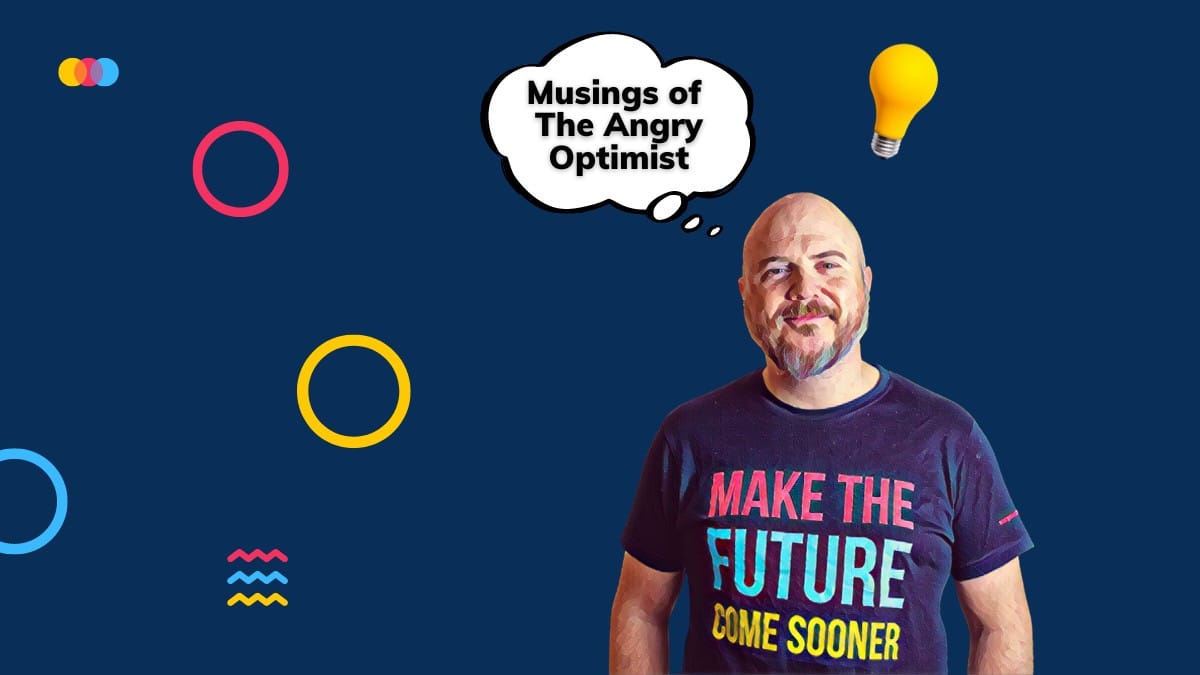Social media
📱 Facebook and Instagram algorithms affect user behavior but not their political views
The study found no noticeable effect on political polarization among users. Users' knowledge about the election was not affected by the change in feed algorithm. Self-reported voter turnout remained unchanged despite significant differences in user experience.
🔎 We were supposed to be flooded with AI disinformation... now 800 million have voted, where is it?
We faced a "tech-driven Armageddon" and experts ranked AI disinformation as the second biggest global threat this year. Have you noticed much of it?
👀 New study: Few see disinformation online - and the debate around it lacks support from science
Exposure to false information is concentrated among narrow extremist groups. Algorithms play less of a role than individual choices in exposure to extremist content. Social media has not been shown to be the main cause of polarization.
📱 Simplified view of dopamine and social media
Dopamine is often misunderstood and inaccurately described as solely addictive and harmful. Research shows that dopamine has a complex role in the brain, involving learning and reward signals, but is not directly equivalent to pleasure or addiction.
💡 Musings of the Angry Optimist: Is a revolution underway?
Usually, when writing an opinion piece, it carries a thesis or a message. Not this one. It ends with an open question. That question is based on the notion that something big is underway. Something revolutionary.
👍 Facebook not linked to negative well-being, Oxford study finds
A study from the Oxford Internet Institute challenges the common perception of Facebook's impact on well-being. Rather, a positive effect is seen.
👩💻 New studies: No negative mental health impact from internet and social media
Contrary to widespread concerns, recent studies suggest that the global adoption of internet has not led to negative psychological outcomes.






